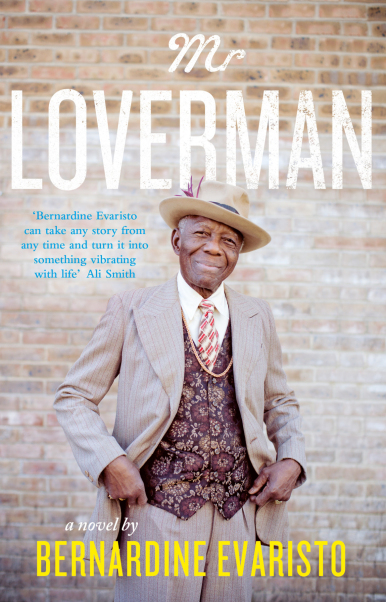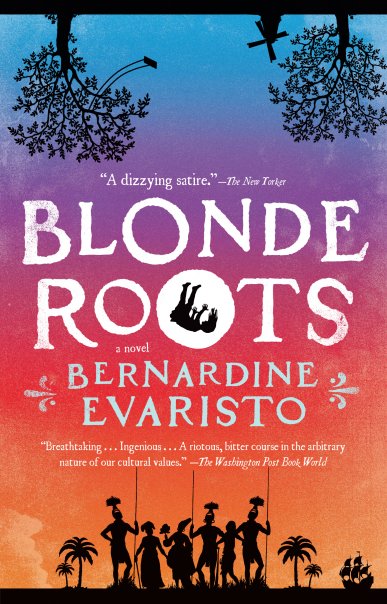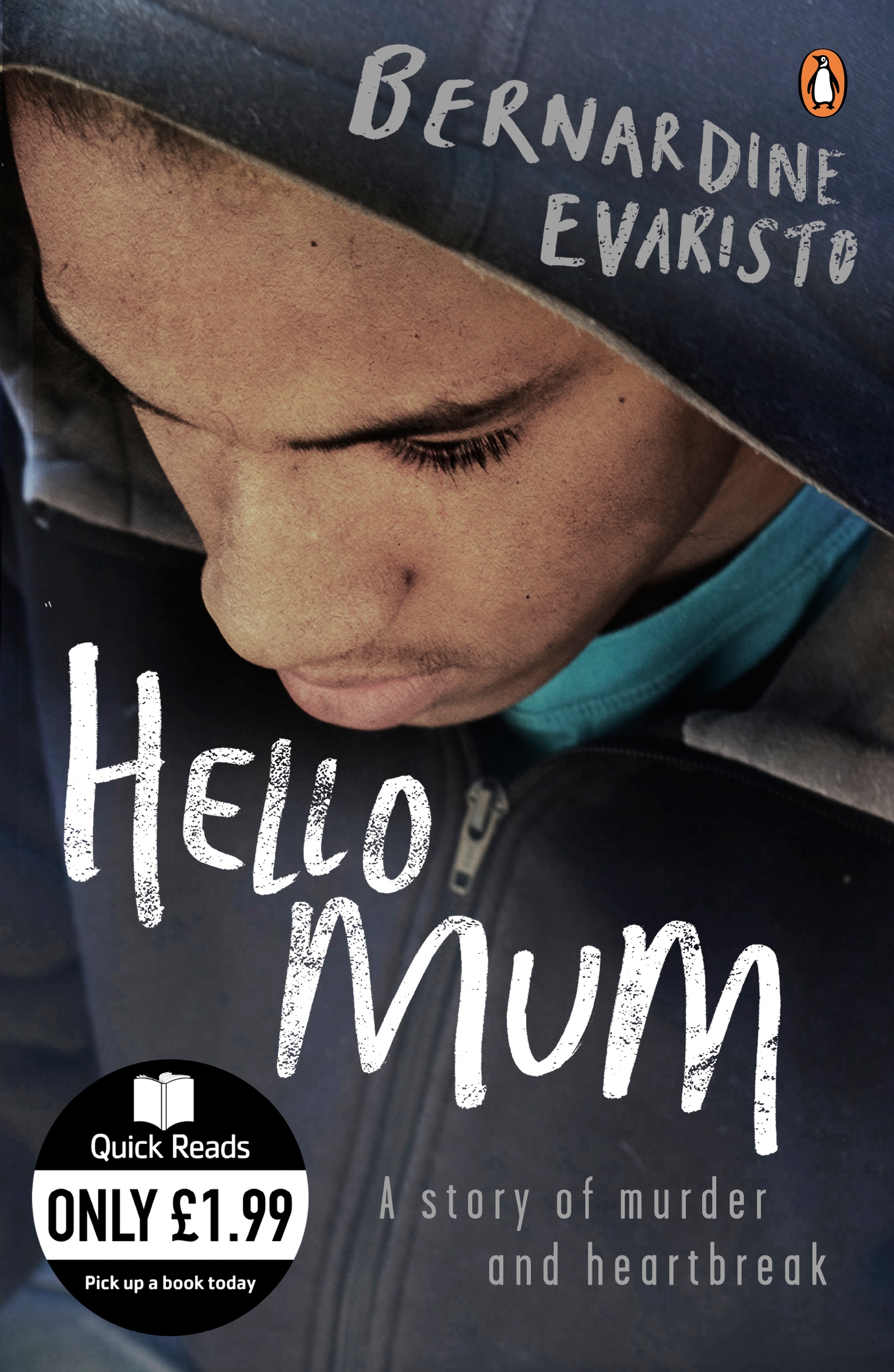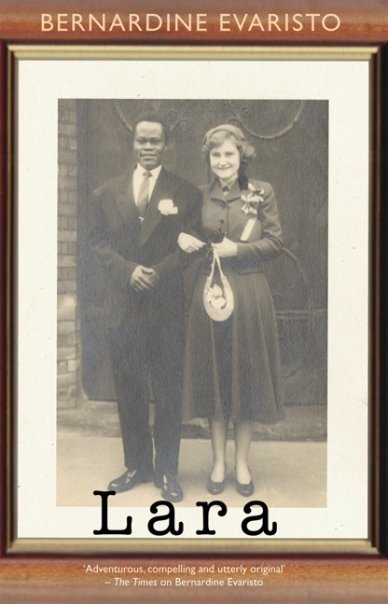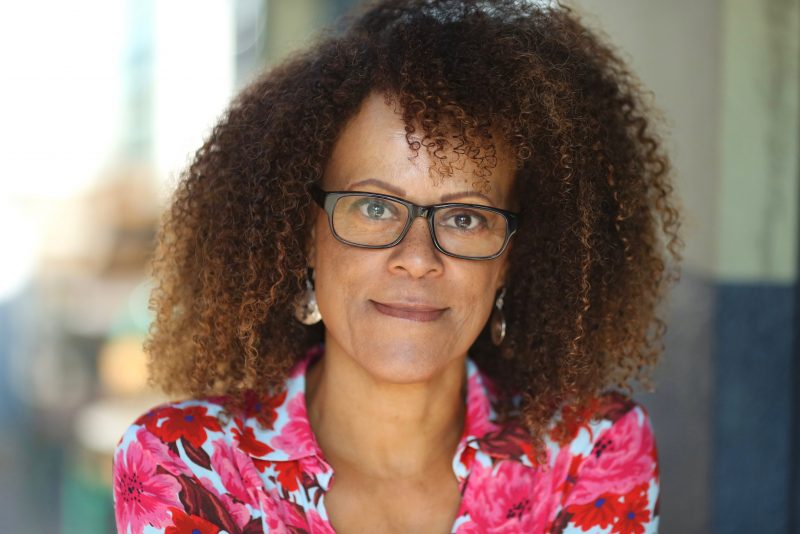

Bernardine Evaristo
Booker Prize-winning Novelist
Essayist, Dramatist & Literary Critic
Advocate & Activist for Inclusion In the Arts
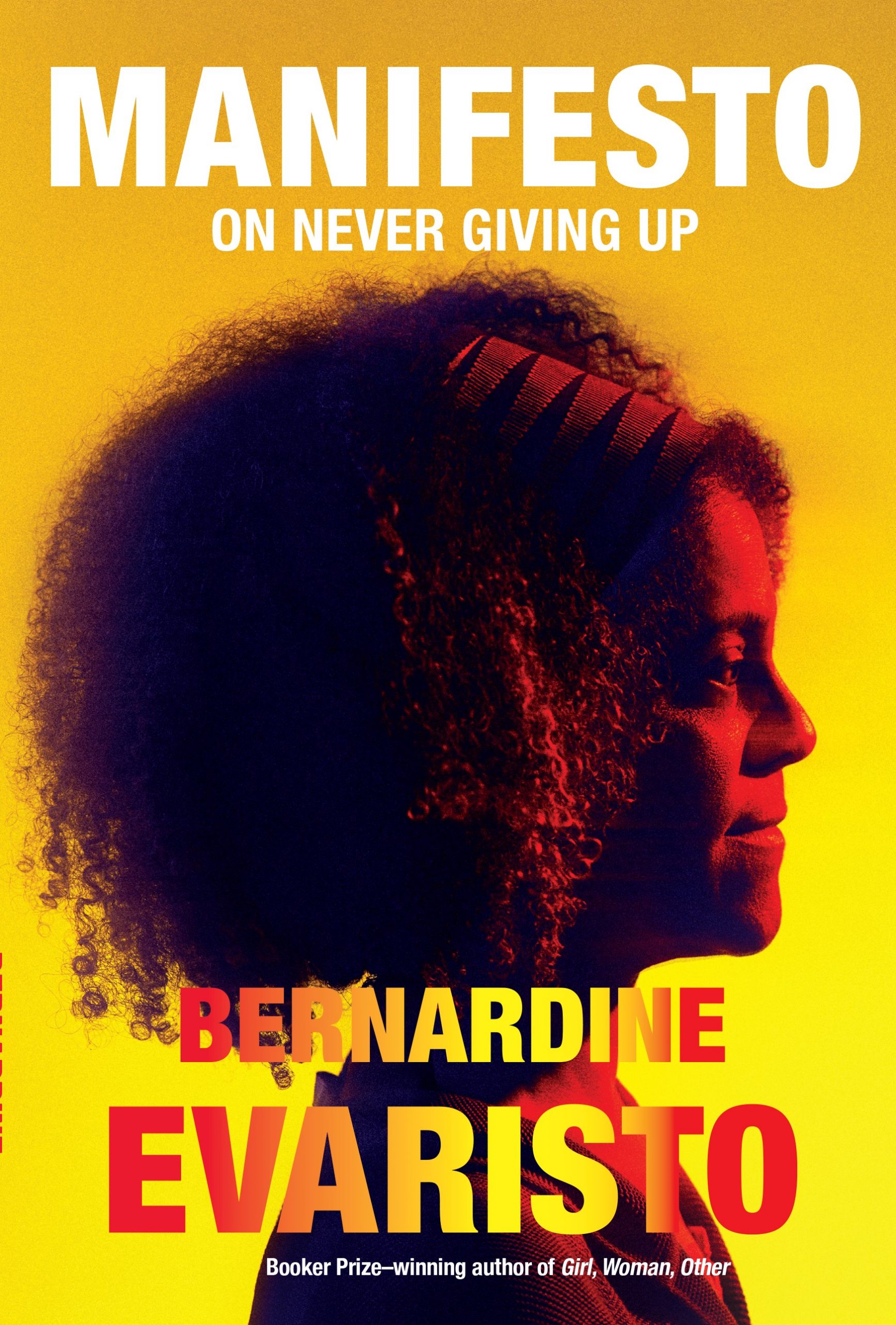
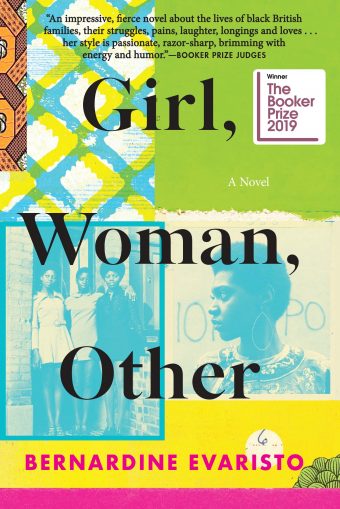
Readings &
Lecture Topics
-
Girl, Woman, Other
-
How To Tell A Story
-
On Character
-
Fiery Inspiration
-
An Evening with Bernardine Evaristo
Biography
“Bernardine Evaristo uncovers characters lost to history and myth and with compassion, an original and brilliant voice, and an unparalleled craft—all tinged with humor—she restores them and thus us.” —Chris Abani
“Evaristo is known for narratives that weave through time and place with crackling originality.” —Vogue
“Evaristo has a gift for appraising the lives of her characters with sympathy and grace while gently skewering some of their pretensions.” —The New York Times
“Evaristo writes sensitively about how we raise children, how we pursue careers, how we grieve, how we love…. She captures the shared experience that make us members of the human family.” —Financial Times
Bernardine Evaristo is the author of the 2019 Booker Prize-winning novel Girl, Woman, Other. Her numerous other works span the genres of fiction, verse fiction, short fiction, poetry, essays, literary criticism, and radio and theatre drama. Other fiction titles include Mr. Loverman, a novel – also adapted into a film, and won two BAFTAs – about a closet gay septuagenarian Antiguan-Londoner which explodes cultural myths and fallacies and shows the extent of what can happen when people fear the consequences of being true to themselves; Blonde Roots, a prose novel in which Africans enslave Europeans; and Lara, a semi-autobiographical verse novel of a mixed raced daughter of an Englishwoman and a Nigerian man. Her first non-fiction book, Manifesto: On Never Giving Up, will be published in 2022 by Grove Atlantic. In all of her work, Evaristo’s writing is celebrated for its experimentation, daring, subversion, and challenging the myths of Afro-diasporic identities and histories. She describes her writing style as a fusion: “As a writer of fictions I like to mix things up temporally, spatially and stylistically—to cross the borders of genre, race, culture, gender, history, and sexuality.” The Booker Judges citation praises Girl, Woman, Other for this fusion, saying “The language wraps the reader by force, with the quality of oral traditions and poetry. This is a novel that deserves to be read aloud and to be performed and celebrated in all kinds of media.”
In Girl, Woman, Other Evaristo offers a magnificent portrayal of the intersections of identity and a moving and hopeful story of an interconnected group of black British women that paints a vivid portrait of the state of contemporary Britain and looks back to the legacy of Britain’s colonial history in Africa and the Caribbean. “This masterful novel is a choral love song to black womanhood.”, wrote Elle magazine, while The Washington Post proclaimed, “Girl, Woman, Other as “A breathtaking symphony of black women’s voices, a clear-eyed survey of contemporary challenges that’s nevertheless wonderfully life-affirming.” Evaristo won the Booker Prize alongside Margaret Atwood, to which the Washington Post also remarked, “Girl, Woman, Other received half a Booker Prize, but it deserves all the glory.”
Evaristo’s Afro-diasporic interests have led her to writing books that connect ancient and modern history with our contemporary society. She writes, “One of my aims as a writer is to explore the hidden narratives of the African diaspora, to play with ideas, conjur up original and innovative fiction and forms, and to subvert expectations and assumptions. Writing is an adventure, a journey into the unknown, and I enjoy liberating myself from the shackles of convention.” Addressing the themes and style of her other novels, she expands: “In Blonde Roots and The Emperor’s Babe I employ lashings of anachronisms to create worlds with shifting time frames that explore the relationship between the past and the present. In Lara I created multiple, inter-generational, inter-racial and inter-continental voices that examine the multicultural roots of the eponymous, mixed-race Lara. In Soul Tourists the past is revisited through ghosts of colour based on real characters in European history.”
Evaristo has edited several publications and her literary criticism appears in national newspapers and magazines including The Guardian, The New York Times Literary Supplement, The New York Observer, The New York Times, The Independent, and The New Statesman. Her books have been a “Notable Book of the Year” thirteen times in British newspapers. The Emperor’s Babe was a London Times Book of the Decade. Her books have been translated into several languages including Czech, Finnish, Hungarian, Italian & Mandarin.
In the genre of radio drama, in 2015 she wrote and presented a two-part BBC Radio 4 documentary called Fiery Inspiration: Amiri Baraka and the Black Arts Movement. In 2013, her verse novel The Emperor’s Babe was adapted into a BBC Radio 4 play, and in 2012, her novella Hello Mum was adapted as a BBC Radio 4 play.
A staunch and longstanding activist and advocate for the inclusion of artists and writers of color, Evaristo has initiated several successful schemes to ensure increased representation in the creative industries. Evaristo was born the fourth of eight children, in Woolwich, south east London, to an English mother (of English, Irish and German heritage) and a Nigerian father (of Nigerian and Brazilian heritage). Her father was a welder and local labor councilor; her mother was a schoolteacher. She spent her teenage years at Greenwich Young People’s Theatre, which was where she first became involved in the arts. In 2019, Evaristo served as the inaugural Woolwich Laureate, appointed by the Greenwich & Docklands International Festival.
Among her many honors, Evaristo was elected a President of the Royal Society of Literature (2022), and is only the second woman of color to do so, a Fellow of the Royal Society of Arts (2006), a Fellow of the English Association (2017), and a Fellow of Rose Bruford College of Theatre and Performance (2018). She joined the governing Council of the Royal Society of Literature in 2016 and became Vice Chair in 2017.
Evaristo lives in London with her husband, where she is Professor of Creative Writing at Brunel University London.
Short Bio
Bernardine Evaristo is the author of the 2019 Booker Prize-winning novel Girl, Woman, Other. Her numerous other works span the genres of fiction, verse fiction, short fiction, poetry, essays, literary criticism, and radio and theatre drama. Other fiction titles include Mr. Loverman, Blonde Roots, and Lara. Her first non-fiction book, Manifesto: On Never Giving Up, will be published in 2022 by Grove Atlantic. Her writing is celebrated for its experimentation, daring, subversion, and challenging the myths of Afro-diasporic identities and histories. A staunch and longstanding activist and advocate for the inclusion of artists and writers of color, Evaristo has initiated several successful schemes to ensure increased representation in the creative industries. In 2022, Evaristo was elected a President of the Royal Society of Literature. She is Professor of Creative Writing at Brunel University London.
Visit Author WebsiteVideos
Publications
Manifesto
Memoir, 2022
Bernardine Evaristo’s 2019 Booker win – the first by a Black woman — was a revolutionary moment both for British culture and for her. After over three decades as a trailblazing writer, teacher and activist, she moved from the margins to centre stage, taking her place in the spotlight at last. Her journey was a long one, but she made it, and she made history. Manifesto is Bernardine Evaristo’s intimate and inspirational, no-holds-barred account of how she did it, refusing to let any barriers stand in her way. She charts her creative rebellion against the mainstream and her life-long commitment to the imaginative exploration of ‘untold’ stories. And drawing deeply on her own experiences, she offers a vital contribution to current conversations around social issues such as race, class, feminism, sexuality and aging. This is a unique book about staying true to yourself and to your vision. It’s about how to be unstoppable – in your craft, your work, your life. It is Bernardine Evaristo’s manifesto for never giving up.
Girl, Woman, Other
Fusion Novel, 2019
This masterful novel is a choral love song to black womanhood.”—Elle
“As she creates a space for immigrants and the children of immigrants to tell their stories, Evaristo explores a range of topics both contemporary and timeless. There is room for everyone to find a home in this extraordinary novel. Beautiful and necessary.” —Kirkus Reviews, Book of the Year
Girl, Woman, Other is a magnificent portrayal of the intersections of identity and a moving and hopeful story of an interconnected group of Black British women that paints a vivid portrait of the state of contemporary Britain and looks back to the legacy of Britain’s colonial history in Africa and the Caribbean. The twelve central characters of this multi-voiced novel lead vastly different lives: Amma is a newly acclaimed playwright whose work often explores her Black lesbian identity; her old friend Shirley is a teacher, jaded after decades of work in London’s funding-deprived schools; Carole, one of Shirley’s former students, is a successful investment banker; Carole’s mother Bummi works as a cleaner and worries about her daughter’s lack of rootedness despite her obvious achievements. From a nonbinary social media influencer to a 93-year-old woman living on a farm in Northern England, these unforgettable characters also intersect in shared aspects of their identities, from age to race to sexuality to class.
Mr Loverman
Novel, 2013
“Evaristo’s confident control of the language, her vibrant use of humor, rhythm and poetry, and the realistic mix of Caribbean patois with both street and the Queen’s English… fix characters in the reader’s mind.” —The New York Times Sunday Book Review
Mr Loverman is a ground-breaking exploration of Britain’s older Caribbean community which explodes cultural myths and fallacies and shows the extent of what can happen when people fear the consequences of being true to themselves. Barrington Jedidiah Walker is seventy-four and leads a double life. Born and bred in Antigua, he’s lived in Hackney since the sixties. A flamboyant, wise-cracking local character with a dapper taste in retro suits and a fondness for quoting Shakespeare, Barrington is a husband, father and grandfather – but he is also secretly homosexual, lovers with his great childhood friend, Morris. His deeply religious and disappointed wife, Carmel, thinks he sleeps with other women. When their marriage goes into meltdown, Barrington wants to divorce Carmel and live with Morris, but after a lifetime of fear and deception, will he manage to break away?
Blonde Roots
Novel, 2008
Evaristo’s first fully-prose novel Blonde Roots is an original and often satirical take on slavery in which Africans are the masters and Europeans are their slaves. The protagonist is a captured white woman from Europa who tries to escape slavery in the United Kingdom of Great Ambossa.
Hello Mum
Novella, 2010
An epistolary novella told in the voice of a 14 year old boy writing to his mother who lives on a London estate and gets into trouble with a gang. In this fiction the issue of gang culture is neither demonised or glamourised. Instead, his story deepens our understanding of the context of his life and the decisions he makes that shapes it. Evaristo was the Suffolk Big Read author in 2010 and 40,000 copies of Hello Mum were distributed throughout the county including to every school. Over 70,000 copies of the novella have been sold to date, through non-traditional outlets.
Lara
Novel, 2009
A semi-autobiographical verse novel based on the author’s family history. The cover photograph is of her parents’ wedding day in Camberwell, London, 1955. (This new edition of the book is revised and expanded by a third from the 1997 edition.) The novel travels back over 150 years, seven generations and three continents. The eponymous Lara grows up as the mixed raced daughter of an Englishwoman and a Nigerian man in London of the 60s and 70s, and the novel shifts backwards from the past to the present, including the stories of her parent’s childhood and inter-racial marriage and her predecessors in England, Nigeria, Ireland, Germany and Brazil.
Articles & Audio
Read What’s In Print
• Remarkable Women Awards 2022: Bernardine Evaristo wins Writer of the Year – Stylist
• Bernardine Evaristo Talks to Rumaan Alam About Her Theory of Unstoppability – LitHub
• How Bernardine Evaristo Conquered British Literature – The New Yorker
• 12 New Books We Recommend This Week – New York Times
• Shelf Life: Bernardine Evaristo – Elle
• Booker winner Bernardine Evaristo writing memoir about ‘never giving up’ – The Guardian
• Bernardine Evaristo on how the Booker Prize gave her a platform for activism – Glamour Magazine
• Bernardine Evaristo: ‘I once tried to drive to Australia in a Lada. It didn’t end well’ – The Times
• Bernardine Evaristo on the Forgotten Black British Novels Everyone Should Read – The Guardian
• Bernadine Evaristo: Giant Leap from the Wimpy to the Booker – The UK Times
• Bernadine Evaristo No Longer Calls Herself an Outsider – Bustle
• Booker Prize Winner Bernadine Evaristo Prefers Poetry to Plot – The Boston Globe
• Bernadine Evaristo on Writing, Representation, and Her Influences – ABC News
• An Interview with Bernardine Evaristo On Booker Win—The New York Times
• Bernardine Evaristo on Toni Morrison — The Guardian
• An Interview with Bernardine Evaristo —The Guardian
Listen to Audio
• Girl, Woman, Other author Bernardine Evaristo on new memoir about perseverance – NPR
• Discovering the Joys of Literature with Bernadine Evaristo – PEN America
• A polyphonic novel of Black womanhood – The Guardian
Selected Writings
• Read Op-Ed “These are unprecedented times for black female writers”— The Guardian
• An Execerpt of Girl, Woman, Other — Literary Hub
GIRL, WOMAN, OTHER (excerpt)
that night she dreamed of employing an army of women cleaners who would set forth across the planet on a mission to clean up all the damage done to the environment
they came from all over Africa and from North and South America, they came from India and China and all over Asia, they came from Europe and the Middle East, from Oceania, and from the Arctic, too
she imagined them all descending in their millions on the Niger Delta and driving out the oil companies with their mop and broom handles transformed into spears and poison-tipped swords and machine-guns
she imagined them demolishing all the equipment used for oil production, including the flare stacks that rose into the skies to burn the natural gas, her cleaners setting charges underneath each one, detonating from a safe distance and watching them being blown up
she imagined the local people cheering and celebrating with dancing, drumming and roasted fish
she imagined the international media filming it—CNN, BBC, NBC
she imagined the government unable to mobilize the poorly paid local militia because they were terrified by the sheer numbers of her Worldwide Army of Women Cleaners
who could vaporize them with their superhuman powers
afterwards, she imagined legions of singing women sifting the rivers and creeks to remove the thick slicks of grease that had polluted them, and digging up the land until they’d removed the toxic sublayers of soil
she imagined the skies opening when the job was done and the pouring of pure water from the now hygienic clouds for as long as it took for the region to be thoroughly cleansed and replenished
she imagined her father, Moses, a simple fisherman, steering his canoe through the transparent waters of the creeks, a man who was still supporting his family in the dignified tradition of their ancestors
she imagined her mama, in good health, taking it easy while farmhands looked after their land
which had not been stolen by his relatives because Moses had not died
she imagined Augustine, a Green Finance Economist coming up the garden path of their house wearing a business suit and with a smart briefcase
returning from chairing his latest Economics and the Environment conference at the United Nations in Geneva or New York

